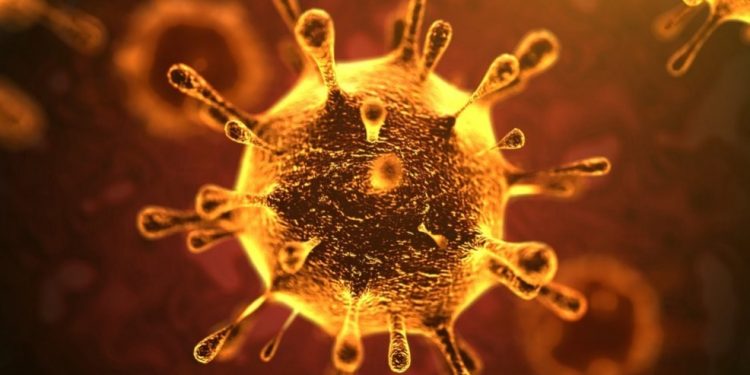New Delhi: The Union Health Ministry has issued revised guidelines for home isolation for patients with mild or asymptomatic symptoms.
The new revised guidelines said, “Patient under home isolation will stand discharged and end isolation after at least 10 days have passed from onset of symptoms (or from date of sampling for asymptomatic cases) and no fever for 3 days. There is no need for testing after the home isolation period is over.”
As per the revised guidelines, the patient should be clinically assigned a mild/asymptomatic case by the treating Medical Officer.”The asymptomatic cases are laboratory-confirmed cases not experiencing any symptoms and having oxygen saturation at room air of more than 94 per cent.
Clinically assigned mild cases are patients with upper respiratory tract symptoms (and/or fever) without shortness of breath and having oxygen saturation at room air of more than 94 per cent are recommended for home isolation,” the revised guidelines said.
It said that a caregiver should be available to provide care on a 24×7 basis and a communication link between the caregiver and hospital is a prerequisite for the entire duration of home isolation. Elderly patients aged more than 60 years and those with co-morbid conditions such as hypertension, diabetes, heart disease, chronic lung/liver/ kidney disease, cerebro-vascular disease shall only be allowed home isolation after proper evaluation by the treating medical officer.
Talking about treatment protocols, the revised guideline said, “Patients must be in communication with a treating physician and promptly report in case of any deterioration. If fever is not controlled with a maximum dose of Tab. Paracetamol 650mg four times a day, consult the treating doctor who may consider advising other drugs like non-steroidal anti-inflammatory drugs (NSAID) (ex: Tab. Naproxen 250 mg twice a day).”
It further stated that consider Tab Ivermectin (200 mcg/kg once a day, to be taken empty stomach) for 3 to 5 days. Inhalational Budesonide (given via inhalers with spacer at a dose of 800 mcg twice daily for 5 to 7 days) to be given if symptoms (fever and/or cough) are persistent beyond 5 days of disease onset.
“The decision to administer Remdesivir or any other investigational therapy must be taken by a medical professional and administered only in a hospital setting. Do not attempt to procure or administer Remdesivir at home,” it said.
As per the guidelines,a patient under home isolation seeks immediate medical attention if serious signs or symptoms develop which could include difficulty in breathing, dip in oxygen saturation, persistent pain pressure in the chest and mental confusion or inability to arouse.
IANS






































